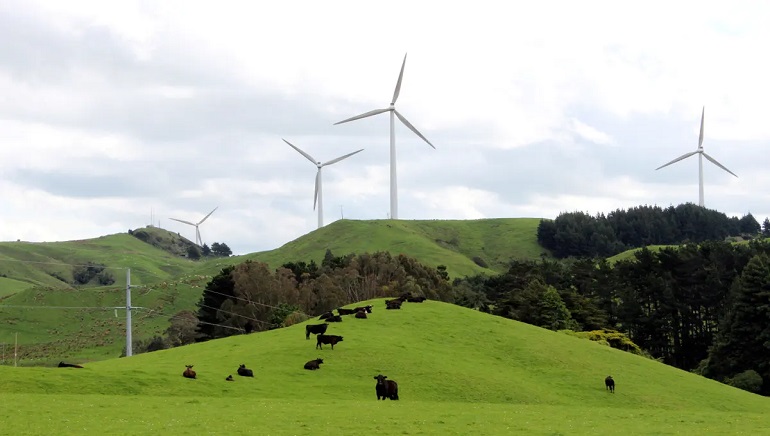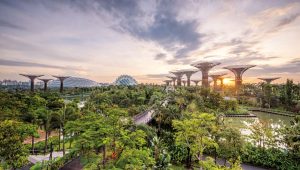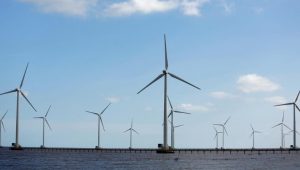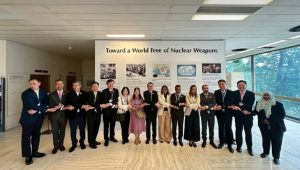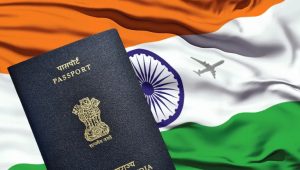A study published in the journal Risk Analysis says that Australia, New Zealand, Iceland, Solomon Islands and Vanuatu as the island countries are most capable of producing enough food for their populations after an “abrupt sunlight‐reducing catastrophe” such as a nuclear war, super volcano or asteroid strike.
In the new study, Professor Nick Wilson from the University of Otago, Wellington, and independent researcher Dr Matt Boyd, from Adapt Research, said that these five island nations would “likely be pockets of survivors around the planet in even the most severe” scenario. The authors compared 38 island countries on 13 factors they said could predict success as a post-apocalyptic survival state, including food production, energy self-sufficiency, manufacturing and the disaster’s effect on climate.
“Australia’s food supply buffer is gigantic,” the study concluded, “with potential to feed many tens of millions of extra people.” Its relatively good infrastructure, vast energy surplus, high health security, and defence budget all aided in pushing it to the top of the table. The second country on the table, New Zealand has the advantage of its longstanding nuclear-free status, besides being able to sufficiently serve its people.
The study also predicted that in the event of a nuclear apocalypse, China, Russia and the US could see food production fall up to 97% under nuclear winter models and would be forced to rely on new food production technologies.





